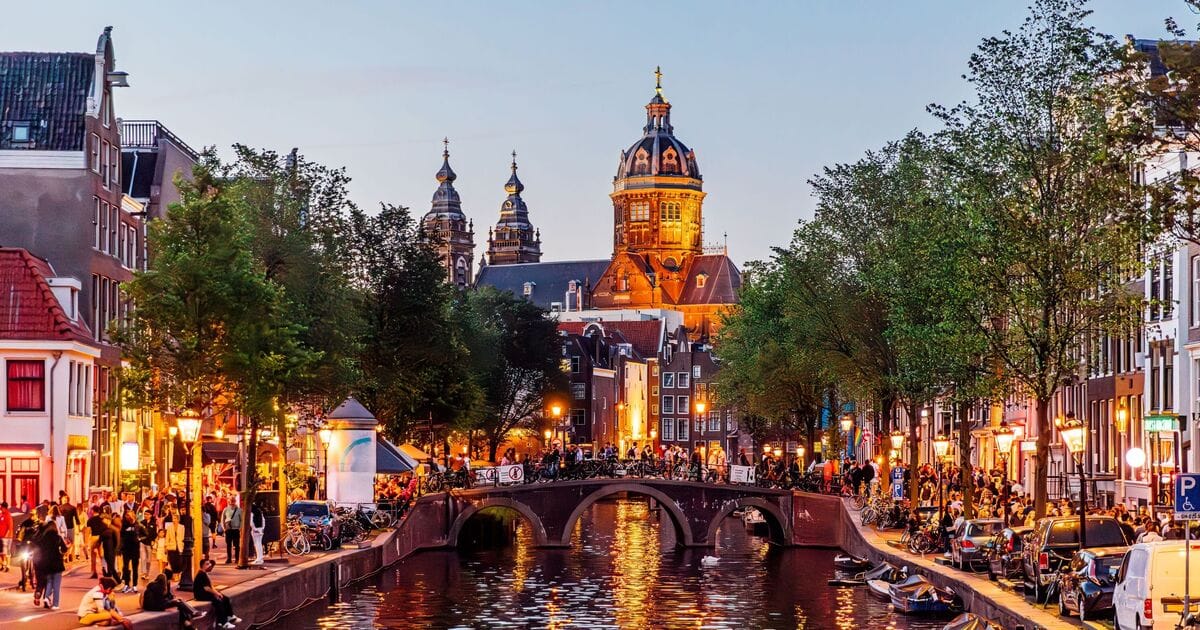One of Europe’s most beautiful tourist destinations has brought in tough new measures to tackle overtourism including banning the contruction of hotels in its bustling city centre amid concern from residents.
The Belgian city of Bruges, which is beloved by British holidaymakers, has also brought in restrictions on cruise ships and limits on Airbnb rental numbers after becoming increasingly overwhelmed by visitors.
The city, which is the capital of West Flanders in the northwest of the country, attracted more than 8.3million tourists to its charming cobbled streets last year, though the population is less than 120,000.
Bruges Mayor Dirk De fauw told The Brussels Times last month: “People have started indicating that there are just too many visitors,” and added that, “If we just let everyone do what they want, things will quickly go wrong.”
As part of the push to protect its quality of life and heritage permits for new holiday homes have been stopped across the city.
Bart-Jan Leyts, who founded property platform Otamisers and spent his formative years in the popular tourist spot said Bruges, “much like Venice, is a city closely tied to its harbour, attracting a large number of day-trippers”.
He said though the high visitor numbers are due to the city’s appeal, the issues aren’t entirely due to short-term rentals. In his comments last month, Mayor De fauw rejected the idea of imposing fees or caps on visitor numbers employed by other busy European travel hubs.
He said: “We cannot and do not want to control access to the city, like Dubrovnik or Venice”, which employ tourist taxes and day-tripper fees partly to reduce overcrowding.”
Mr Letys acknowledged that the influx of tourists “brings economic benefits”, but said it “also places tremendous pressure on the city’s infrastructure and community”.
He added: “By managing tourism in a sustainable way, Bruges can protect its heritage while remaining a vibrant, welcoming destination,” he said, adding: “We want to keep Bruges a city with activities beyond tourism.”
Bruges is thought to have been one of the globe’s earliest tourist destinations since the 19th century when it was frequented by British and French elites, and and the entire city is designated as a UNESCO World Heritage Site.
But research by the Flemish Tourism Office revealed that residents are growing weary the large numbers that visit the city, despite its positive economic impact.





